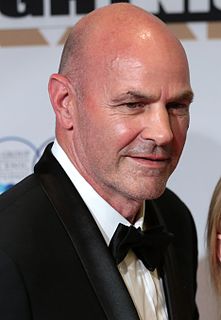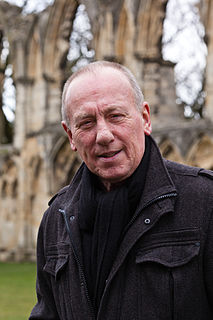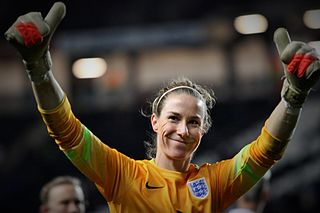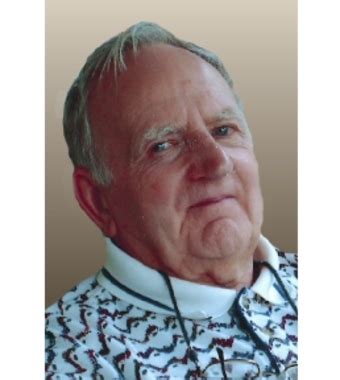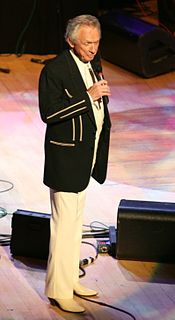A Quote by Roger Ebert
I began to realize that I had tended to avoid some people because of my instant conclusions about who they were and what they would have to say. I discovered that everyone, speaking honestly and openly, had important things to tell me.
Related Quotes
Then, at age 20, I discovered theater sort of by accident. Quite quickly, theater became more important to me than music. I began to realize that maybe my talents as a musician were quite limited, or had a ceiling to them, whereas acting seemed to sort of stretch before me. I got very passionate about it very quickly.
I have had much experience with the unclean and uncivilized in the recent past. Shall I tell you what I discovered? I am not the state of my feet. I am not the dirt on my hands or the hygiene of my private parts. If I were these things, I would not have been at liberty to pray at any time since my arrest. But I did pray, because I am not these things. In the end, I am not even myself. I am a string of bones speaking the word God.
I began to understand that there were certain talkers - certain girls - whom people liked to listen to, not because of what they, the girls, had to say, but because of the delight they took in saying it. A delight in themselves, a shine on their faces, a conviction that whatever they were telling about was remarkable and that they themselves could not help but give pleasure. There might be other people - people like me - who didn't concede this, but that was their loss. And people like me would never be the audience these girls were after, anyway.
At the time I discovered that I had prostate cancer, it was not long after my first wife had died, so my children had lost their mum. I felt that to tell them that I had prostate cancer, while I knew that I had it and there was a threat of some sort, I felt that it would be wise not to make things worse for them.
There were some coaches, some teammates, some sports psychology people who I could trust and rely on. They were very important to keep me focused on the right things - the things which would be beneficial to me instead of catastrophising things and worrying about things which were not in my control.
A wonderful world would be a place where we can openly, honestly share things and it's done the same way in return. Do you suppose we're going to get that world anytime soon? I don't expect it. So I am practical. I work to have people close to me whom I can openly and honestly share with. And from that base of safety and trust, I can extend my sharing out into the world.
At the beginning of the 20th century, before the migration began, 90 percent of all African-Americans were living in the South. By the end of the Great Migration, nearly half of them were living outside the South in the great cities of the North and West. So when this migration began, you had a really small number of people who were living in the North and they were surviving as porters or domestics or preachers - some had risen to levels of professional jobs - but they were, in some ways, protected because they were so small.
We had so many milestones in America. We were on our way to universal healthcare. We had gay marriage. We were talking about gender fluidity and trans issues openly and discussing them with respect. It was almost to the point where educating people about transgender rights wasn't an issue. We were including trans people as a normal part of our conversations instead of seeing their presence as this shocking thing to the system. We forgot that those things can be taken away from you because there are people in the world that, for whatever f - king reason, can't live and let live.
I feel like I've always had two selves - the part of me that makes films and the part of me that's political, and they haven't really connected that much. Alias Grace talks about things like class and immigration and women's rights, which felt really good. But especially now, there are pressing things to be said. It's a really scary time in the world. It's a very scary thing to have an American president who openly brags about assaulting women and is openly racist. This isn't a moment to be speaking in metaphors.


